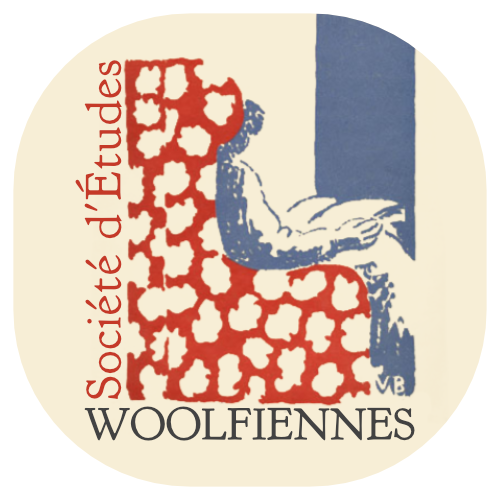100 Years of Night and Day, 26 October 2019, London
A one-day symposium at University of Westminster on 26 October 2019.
One hundred years after its publication, the School of Humanities at the University of Westminster are hosting a one-day symposium to celebrate and interrogate Virginia Woolf’s second novel, Night and Day.
In her diary in 1920, Virginia Woolf wrote: ‘I don’t suppose I’ve ever enjoyed any writing so much as I did the last half of N. & D.’ Her happiness with the novel was characteristically short-lived. In 1932 she wrote that ‘N. & D. is dead.’
Likewise with critics, the novel has moved in and out of favour. Coming as it did after the often surreal subversion of the Bildungsroman that is The Voyage Out, it has been sometimes read by Woolf’s contemporaries and more recent critics alike as a step back towards realist fiction. Famously described by Katherine Mansfield in 1920 as ‘Jane Austen up to date,’ and by critic Randy Malamud in 1989 as ‘a stillborn modernist artefact,’ the question of where this novel exists on the spectrum between realist and modern is one that persists in Woolf criticism, right up to present day.
But as well as considerations of its position in the broad narrative of Woolf’s relationship to realism and modernism, Night and Day has provided fertile ground for critics to explore a wide range of ideas presented by its content. Its engagement with Shakespeare, with women’s suffrage, with mathematics, with class; its portrait of London; its silence on the First World War – all have led critics to new and exciting enquiries.
One hundred years after its initial publication, this one-day symposium in the heart of London seeks to encourage work that considers Night and Day and its innovations, breaking away from readings of the text as a mis-step to consider the rich, unusual, and sometimes difficult ideas that the novel offers.
Paper topics might include, but are not limited to: the relationship between literature and mathematics and astronomy; dreaming and daydreaming; body consciousness; ghosts and haunting; writing practice represented in fiction; spatial geography; London and its addresses; women’s suffrage; marriage and courtship plots; literary celebrity; family portraits; generational conflict; vagueness.
We welcome papers that consider how writers other than Woolf have also explored Night and Day’s themes.
Funding is available to contribute towards speaker travel costs. Lunch will be provided.
Please send abstracts of 150–250 words for 20 minute papers to rosie.reynolds@my.westminster.ac.uk by 31 July 2019.
